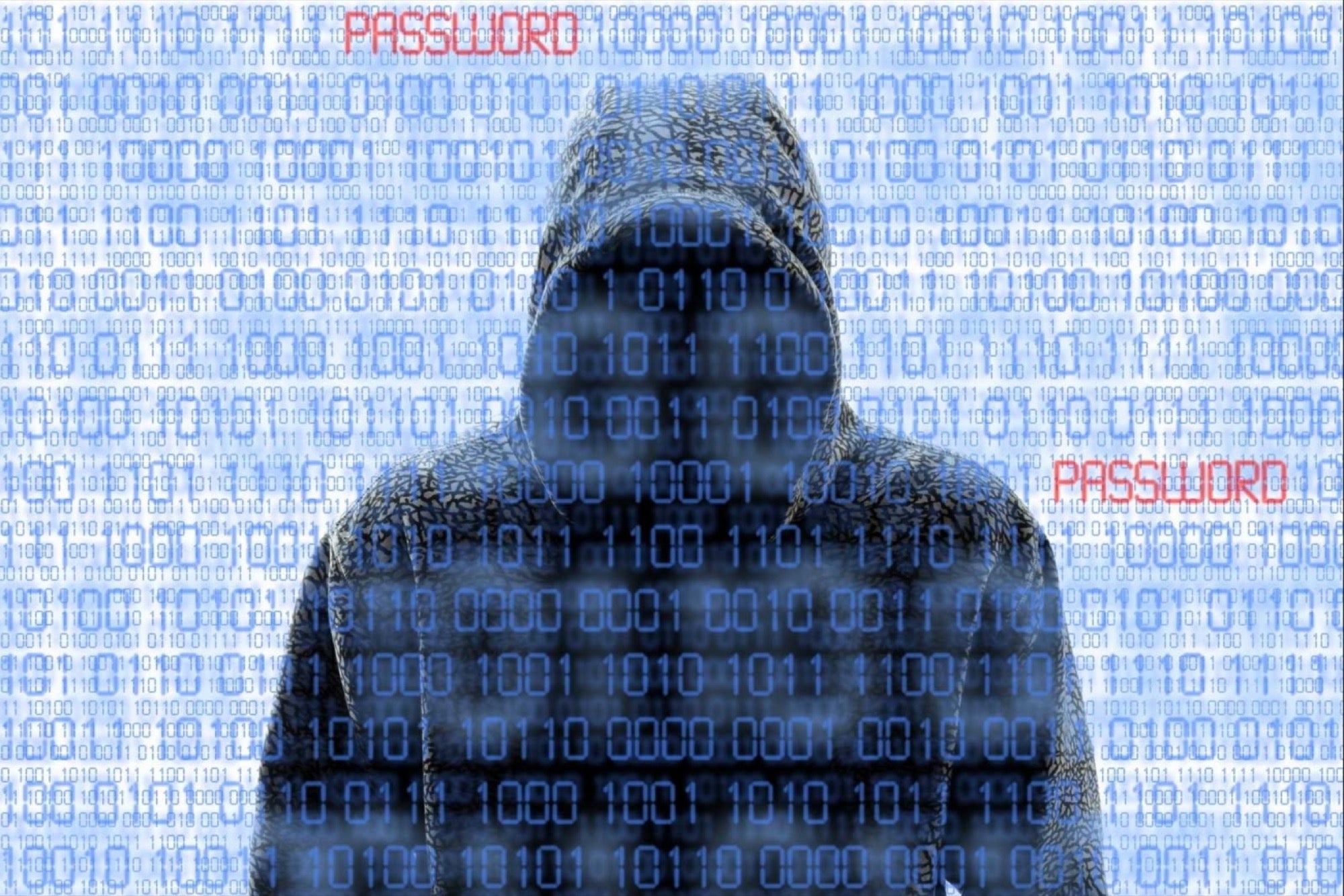Why We Need to Worry More Than Ever About Getting Hacked Hackers have more tools and avenues than ever before, which means everyone must take the initiative to keep their online identities protected.
By AJ Agrawal Edited by Dan Bova
Opinions expressed by Entrepreneur contributors are their own.

The narrative around hacking has changed. Thanks to the proliferation of high-profile hacks in recent years, we're no longer asking ourselves, "What if?" Now, the question is, "When?"
Related: Hacking Doomsday: Your Cyberattack Survival Checklist
After all, if a powerhouse with unlimited resources like HBO is vulnerable to a hack, surely anyone is susceptible. It can be easy to tell yourself that as an individual or small-business owner, hackers have a lot less to gain from infiltrating your systems, so you're likely not a target.
But it is precisely that line of thinking that leaves small businesses vulnerable. When it comes to cyber hacking, there is no such thing as being too small to be hacked; if any kind of transactions or financial records are stored in your system, that's reason enough for a hacker to place a target on your back.
Hacking has become more commonplace, but this does not mean that as digital-media users, we should become complacent. Hackers have more tools and avenues than ever before, which means everyone must take the initiative to keep their online identities protected.
The hacking landscape has changed.
In the past, we only had to worry about protecting information -- our passwords, records, buying histories and conversations -- on our laptops. Now, most people are dependent on several devices throughout the course of the day and are also interacting with an increased number of digital platforms.
Related: How You Can Launch a Career Hacking Systems for a Living
For example, how often do you find yourself accessing a café's or airport's public wi-fi system for work? Simply logging on to publicly accessible internet connections makes it easier for cybercriminals to gain access to your data. Additionally, if you check personal bank statements or confirm transactions while on public wi-fi, you make it easy for any internet user within range of your device to access your encrypted information.
Keep in mind that it's fairly easy for hackers to intercept data you send when you use public wi-fi; they can then alter information to their benefit.
With the internet of things today a reality, hackers have even more touch points to break into your personal systems and accounts. Pretty soon, devices as seemingly inconsequential as our refrigerators will be connected to our smartphones and be able to "communicate" with outside service people, when, say, the milk carton is running low.
Essentially, tapping into your refrigerator could be those outsiders' gateway to your smartphone-connected device and, ultimately, your digital identity. Such connected devices are also entering office spaces, which means that highly sensitive customer data will be even more vulnerable to attack.
How to protect yourself
Cyber-hacking serves as the other side of the double-edged sword of technology; as we continue to find ways to progress and push our capabilities, hackers will inevitably explore new means of reaching data.
Nor is going offline an option in today's connected world. But by taking consistent stock of tech developments, as well as trends in the cyber-hacking world, we all stand a better chance of keeping our online information safer. It's especially imperative for company leaders to prioritize transparency and education in the battle against cyber-hacking because human error will always be a hacker's closest ally.
Here's what you can do:
Invest in cyber-training.
With more vulnerabilities popping up in the digital landscape every day, it's impossible to expect employees to be fully aware of the precautions they should be taking. Company leaders need to instill ongoing and mandatory cyber-training programs that cover everything from file-transfe best practices to password security.
Consider extra precautions.
Many companies these days are intent on finding new ways to build more digital touchpoints with consumers in the form of apps.
Unique mobile applications should be subject to the same safety scrutiny as a company's primary website. Yes, app marketplaces like Apple's iOS store and the Google Play store are dedicated to vetting apps before they're permitted to go live in the marketplace, but that doesn't mean hackers cannot break through.
Hackers are known for employing mobile malware systems, and the best way to combat these threats is to run source-code scanning tactics to detect malicious code.
Additionally, if you've developed an application for either employees or consumers, send communications that encourage them to update their operating systems as often as possible to ensure that any bugs or vulnerabilities do not linger.
Related: From the DNC to Mark Zuckerberg -- Here Are the Worst Hacks of 2016
No company can expect to remain safe if dedicated IT staff members are the only ones cognizant of the risks. It takes just one person to create a breach. And it takes an entire organization to maintain safety.










